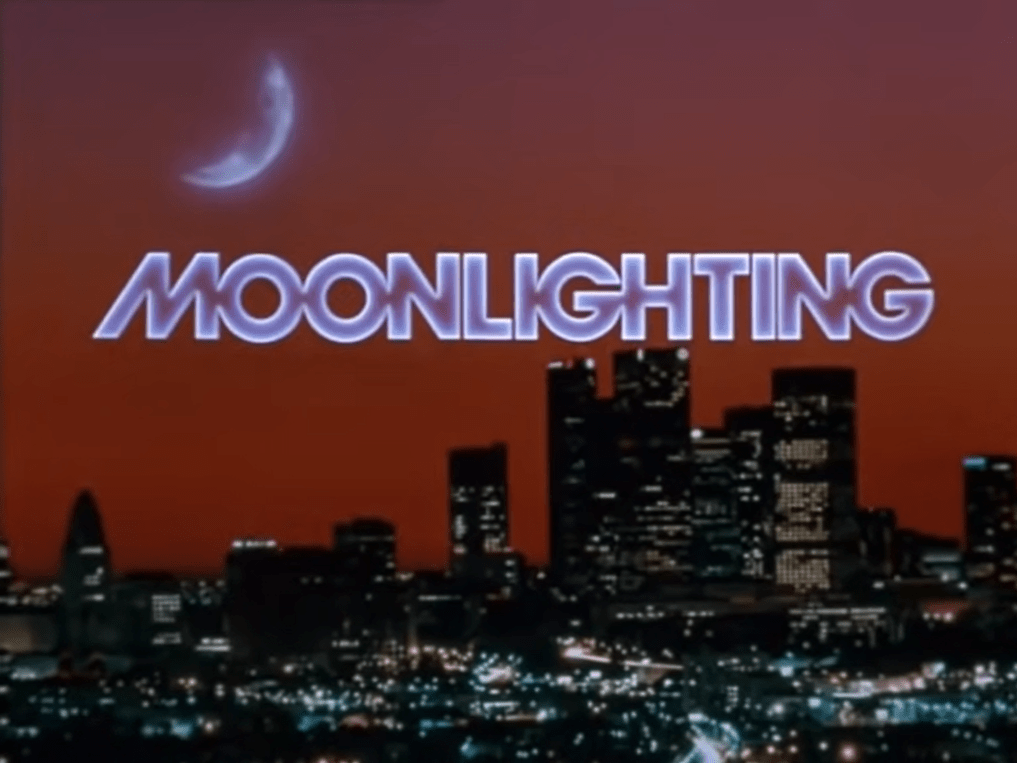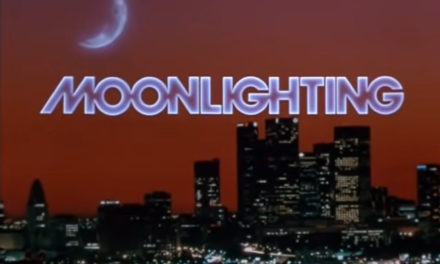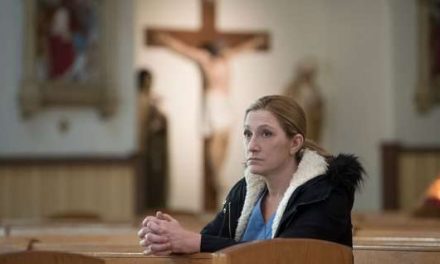When it comes to television, my wife and I occasionally like to give series second chances. Just because we felt a show stank on its original airing doesn’t mean that we simply caught it at the wrong time for us with where we were in our lives. But every so often, one of these bad memories that we’d consigned to the bottom of the medium’s barrel intersects with our lives again via the need for all these Freeview channels to fill their schedules with something, or the 50p rack at CeX.
Take Hi-de-Hi! (1980-1988), the BBC1 period sitcom that ran between the dates that I gave you in that bracket a moment ago. At the time, Not Our Sort Of Thing. Indeed, even worse, The Sort Of Thing Our Parents Watched. And you know how bad they are when you’re in your teens. So it’s an utter delight when you rediscover that a programme you’d half-remembered as lame gags help together by people falling into the Olympic-sized swimming pool in a variety of funny costumes is, in fact, a superbly written and acted series which presents a group of very human, very flawed people and the way that they confront the situations in which they find themselves. And when you get an episode such as Stripes (5 December 1982) with Talfryn Thomas’ final TV appearance… well, it’s a far more powerful piece of character interplay than one expects in a sitcom.
Or The Organization (1972), a series by Philip Mackie [1] made by Yorkshire Television in, again, just pay attention to the brackets will you? I mean, there’s no crime, no car chases, no action… just people who go and work in a big office complex. Boring or what? Well, no, actually it’s seven incredibly well-written and performed plays in a cycle that combines seven members of the major Greatrick Organization in a rich series of stylized and captivating character interplays. Go order the DVD. You’ll love it!
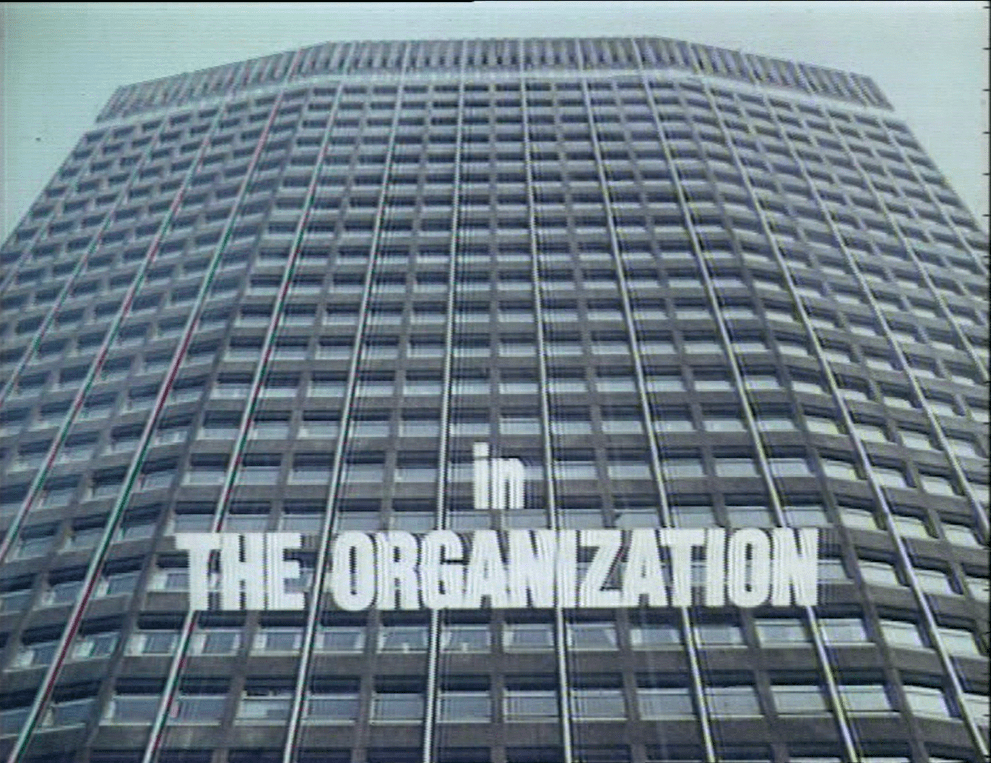
Fig. 01: This is a good series, not like the one I’m moving onto in the next paragraph. I’d stop reading here if I were you. Or skip to the bit at the bottom where I have a gentle rant about what the BBC are doing with BBC Four, CBBC and BBC Radio 4extra.
But, of course, it’s not all like that. A few weeks ago we opened our hearts in a charitable manner to another series from The Past that we felt might now have more to offer our more mature tastes. And the ungrateful little thing just took our moment of weakness to fill our lives with several hours of drivel.
Difficult to understand where the show went wrong. Every department seems to have slipped up. Starting with the format. I mean – do we have to have a lead character who’s so utterly unlikeable? And not unlikeable-but-damaged-and-we-kind-of-feel-for-them-deep-down-still, but just an utter utter ███████ who is just staggeringly rude to everyone (even their nice colleagues), claims to be a professional surrounded by incompetents and in an absurd effort to look tough drives their car at a steady 90mph even before they’ve left the car park.
As if the perpetually peeved hero themselves isn’t bad enough, they’re teamed up with Brilliant-Actor-Who’s-Wasted-Playing-Angry-Boss, Woman-Who’s-Not-Allowed-To-Do-Anything-Other-Than-Answer-The-Phone and Comical-Eccentric-Man-Whose-Idea-Of-Fun-Is-Unsavoury-Remarks-About-Women.
And if the characters weren’t bad enough, then the plots are even worse. Narratives that for a ‘realistic’ adventure-drama make the average episode of Father Ted (1995-1998) look like a serious documentary about the Catholic church. I mean, if you know that a specific facility is being broken into, doesn’t it make sense to take the owner – who may have the keys and is standing beside you – with you, rather than just revving your car up to a ton in his driveway and departing with the doors open? And no, just because a room was booby-trapped on the way in doesn’t mean that there’s a secret way out – the person who set the booby-traps probably did so as they exited, not on their way in. What’s more, I think that diminishing historical figures who have already been written out of history once isn’t a good idea. And we don’t need the gratuitous graphic violence; we know that that bloke’s a wrong ’un without needing to see him attacking his wife in that particularly nasty manner. Oh, and, for future reference, that’s not how light actually works. Look, I did O-level physics and I do definitely remember that that actually isn’t how light works.
And if the characters and the plots weren’t bad enough to make me stop using the phrase ‘bad enough’, stylistically, the silly stories aren’t helped by a presentation that implies docu-drama reality, yet depicts its major action sequences as if they’re lost footage from Monty Python and the Holy Grail (1975). All of a sudden, weird spectral science-fictiony lights dominate one plot in a series which we’re continually promised isn’t science-fiction, but seeing as how they appear to have been created by an eight-year-old on their laptop nobody cares.
And, worst of all, will you make your minds up as to whether you’re doing a series or a serial? Because your A plots don’t have enough time to develop an engaging content each week and end up being disappointingly trivial, and your ongoing B plot of hero’s self-discovery alongside an utter ignorance of the Highway Code culminates in something even more stupid than the combined stupidity of all the A plots put together. So, why bother?
I mean, on paper, it looked good. The show’s creators had an amazing pedigree. The format was a fresh take on a reliable genre. The writers and directors were known for delivering the goods with supreme style. Four of our favourite actors were cast as the leads. There’s no shortage of location work in an engagingly different locale. That’s why it got its – as it turns out undeserved – second chance.
And one episode was actually on the outskirts of good – notably the episode with a series of guest characters who were nice and engaging and didn’t make offensive cracks about gender and whom we can’t understand why they didn’t get their own much better series instead of being forced into this atrocity against culture. I mean, why did the people who have their names at the end of this monstrosity even bother getting out of bed in the morning to show up for work, and why didn’t the broadcaster simply air the test card in place of the scheduled transmissions?
But can we do better? Do my wife and I have the right to criticize?
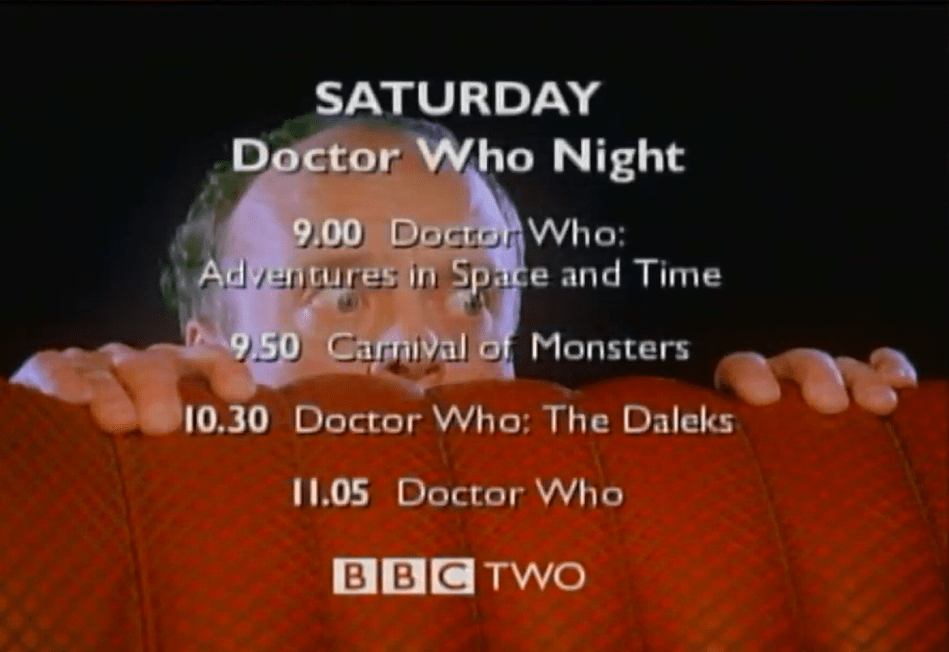
Fig. 03: Hey, I was lucky enough to be credited as ‘Consultant’ on this. And I had fun. Thank you lovely BBC Manchester production team! But did I actually do anything to make this programme any better? No… what I did is not creative programme making…
We don’t make television. Oh, I know I’ve had two or three broadcast credits, but, you know, the term ‘Programme Consultant’ really just means ‘Person Who Sits In On Interviews And Nods A Lot’ or ‘Person Who Knows Which Episode To Get A Good Shot Of Cybermen In Battle’ and it’s not really being a programme maker.
Could we write or direct or act or present or design or light a show of our own? It’s easy to sit in front of the screen mocking, go online, hit <Caps Lock> and go for something original like ‘worst episode ever’… but it’s vastly harder to actually make good television.
And we know that – by and large – nobody sets out to make bad television. It just happens. It’s life.
After one particularly bad episode of one particularly good series, one of the key production people phoned me up and admitted, yes, it was a particularly bad episode, and explained why. And, you know, when you broke it down, the fact of the matter was that it was One Of Those Days – a day when bad stuff happens to nice people as it happens to all of us in life now and again. Illness, coincidence, poor weather, bad luck, life and death, honest mistakes, unforeseen circumstances…
… only when we tend to have One Of Those Days at the office or in academia or at home, it tends to happen, be dealt with, and onto the next thing and forgotten or learnt from quickly. Not screened at primetime on a major channel for millions to see, and then preserved for all eternity in high definition on Blu-Ray or repeated in endless rotation on ITV3 with ever increasing numbers of commercial breaks.
So, please, all you nice creative people out there in television land, please, please carry on making television for us to watch. Ideally across the Summer so that we can enjoy it in the Autumn as your works spread warmth from our widescreens into our living rooms as the days shorten and they are encroached. We know that you’re brilliant, creative people, and that you’re making stuff that you believe in because you want us to enjoy it and to learn from it.
And if your series captivates our imaginations and makes us laugh/cry (delete as appropriate), then we’ll tell all our friends so that they can laugh/cry (you know the drill) with us. And share that high standard of television that you’ve created so that others may relish and admire it too.
And if it doesn’t, you can at least count on us to shut up, and not complain in an utterly pointless manner in a blog as useless as this one.
Andrew Pixley is a retired data developer. For the last 30 years he’s written about almost anything to do with television if people will pay him – and occasionally when they won’t. He phoned the BBC again the other day – as I’m sure you all have – to politely and nicely voice his concerns about BBC Four, CBBC and BBC Radio 4extra being taken off the digital airwaves and being ghettoised on iPlayer, adding to the experience of digital poverty for so many people. This doesn’t seem to make immediate sense to him, especially since only three months ago the Corporation said that BBC Three was returning to linear broadcasting “because we recognise that there is still a percentage of people in this country who don’t have broadband.” So apparently, BBC Three’s target audience of 16-34 year-olds are less likely to have access to broadband than the BBC Four target audience which it’s reasonable to assume are more 35 years old and over… possibly quite a lot over. He knows that there must be a good reason for these decisions, but he can’t quite see it, and the wonderfully nice, kind and polite people at the other end of 03700 100 222 haven’t been able to explain it to him either. And he knows that if you do write to or phone the BBC with similar concerns, that you’ll be polite and considerate and nice to the people who answer the phone or read your e-mail and letter and that you’ll offer a good, coherent reason that the Corporation may take notice of.
Footnote
[1] That’s Bill Potts’ grandad if you’re a Doctor Who (1963-) fan.


